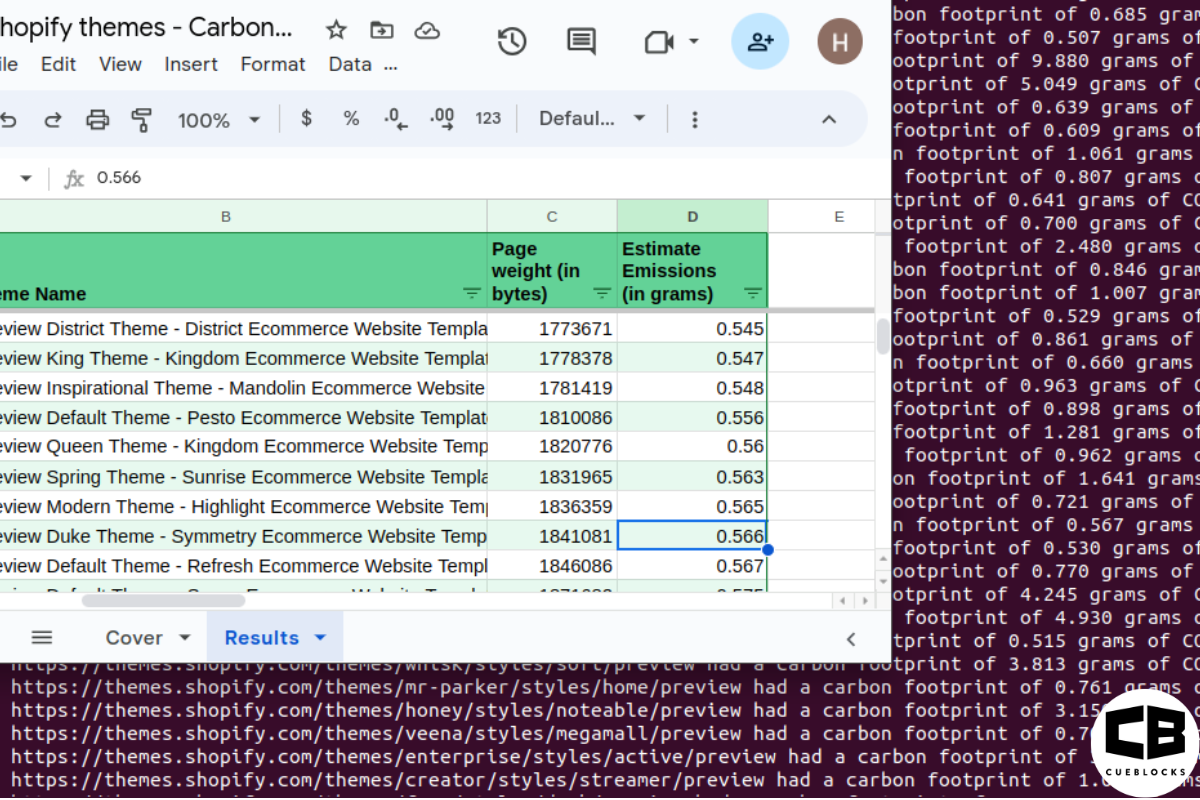
Ranking Capacity Indicators
When we start with the SEO process, the first report we create is really a Ranking Capacity Score Card of a website.
The ranking capacity score card is an indicator of the website’s status in the ranking system of Search Engines. The report consists of a list of ranking capacity indicators with certain scores. The scores tell us how far ahead or behind a website is viz-a-viz its competitors and what kind of improvement is required in the scores so that the target audience can find it on Search Engines.
The score card not only lists the scores of the website, but also that of the competitors to find out the ranking capacity indicators for which they score well.
The ranking capacity indicators are responsible for the rankings in SERPs. By assessing the gap between the ranking capacity indicator scores, an online marketing plan for a website can be outlined effectively.
While the report is generally defined as a ranking capacity score card, it also acts as a record keeper. Because the ranking capacity score card is created at the begining of the Search Engine Optimization (SEO) plan, it helps in measuring the impact of the SEO plan when its recreated at the end of the SEO plan.
So if you’re about to launch the SEO plan for your website yourself or have hired a company to do that for you, have the ranking capacity score card created!
- About the Author
- Latest Posts
-
Evaluating the Carbon Emissions of Shopify Themes
by Harleen Sandhu
Committing to green claims as a business is a huge promise to deliver on. For ecommerce stores, Shopify is leading …
Continue reading “Evaluating the Carbon Emissions of Shopify Themes”
-
Dark Mode: Accessibility vs Sustainable Web Design
by BalbirIntroduction Dark mode, a feature that lets users switch the color scheme of an app or website to darker colors, …
Continue reading “Dark Mode: Accessibility vs Sustainable Web Design”
-
Discover Essential Sustainable Marketing Principles and Strategies for Ethical Business Growth
by Pancham Prashar
Given the major issues that our world is currently facing, such as pollution and climate change, sustainability becomes an inevitable …
-
Show, Don’t Tell: Demonstrating Transparency in Your eCommerce Store
by Pancham PrasharFor an eCommerce brand committed to good, success goes beyond creating excellent products; it extends to effectively communicating your values …
Continue reading “Show, Don’t Tell: Demonstrating Transparency in Your eCommerce Store”
-
How to Market Sustainable Products Effectively
by Nida Danish
In today’s market, sustainability has evolved from a passing trend to a pivotal consideration for both consumers and businesses. Globally, …
Continue reading “How to Market Sustainable Products Effectively”
-
Decoding B Corp Marketing Challenges: Strategies for Success
by Nida DanishToday, businesses place high importance on sustainability and ethical practices. For B2B and e-commerce leaders, being a certified B Corp. …
Continue reading “Decoding B Corp Marketing Challenges: Strategies for Success”




